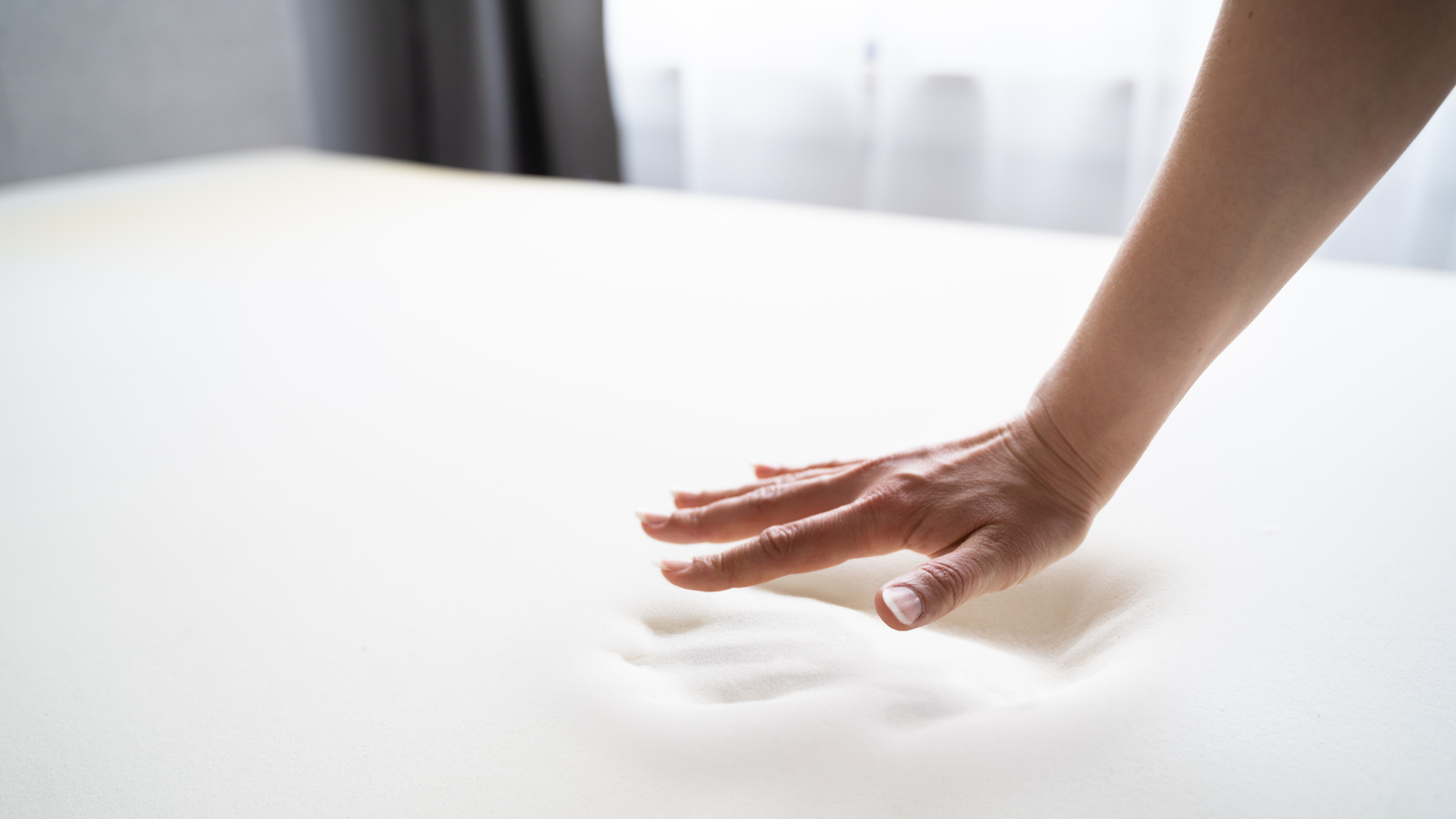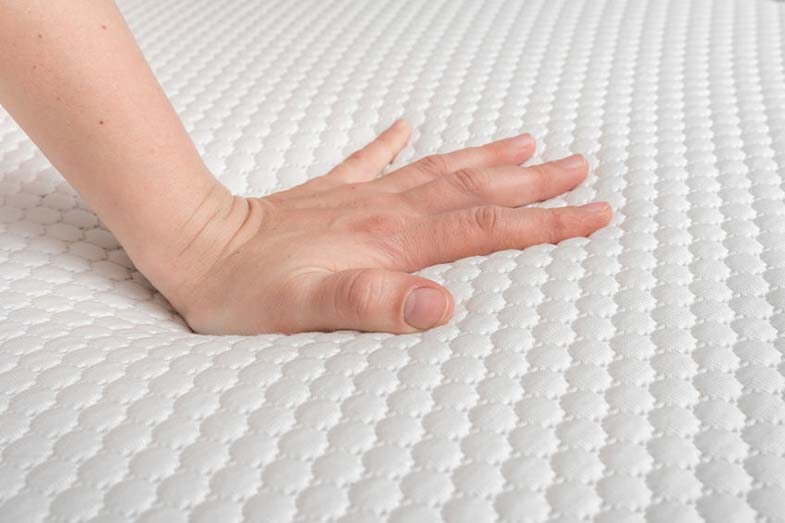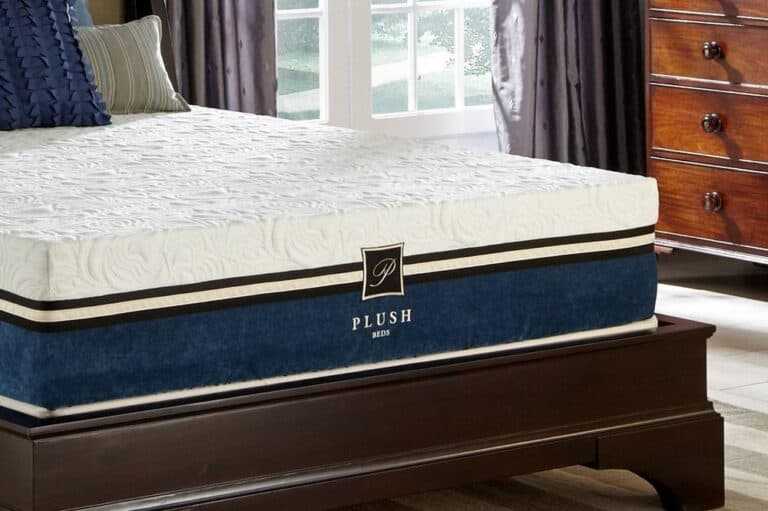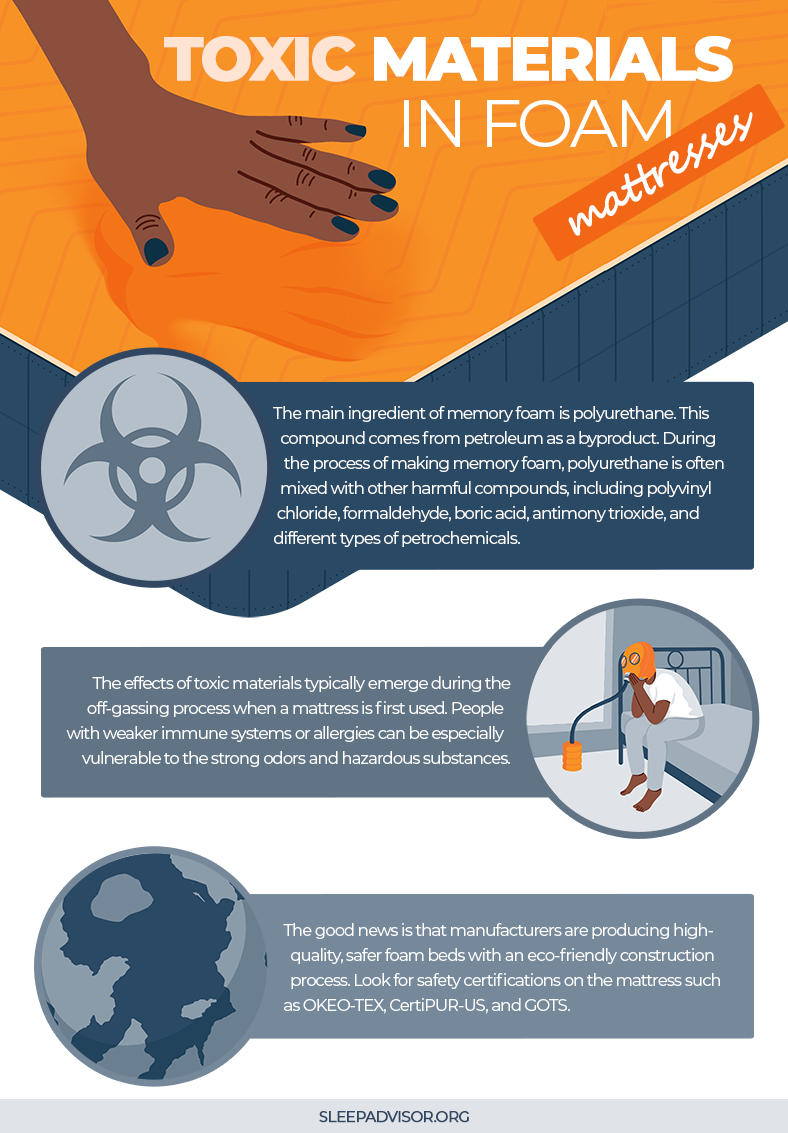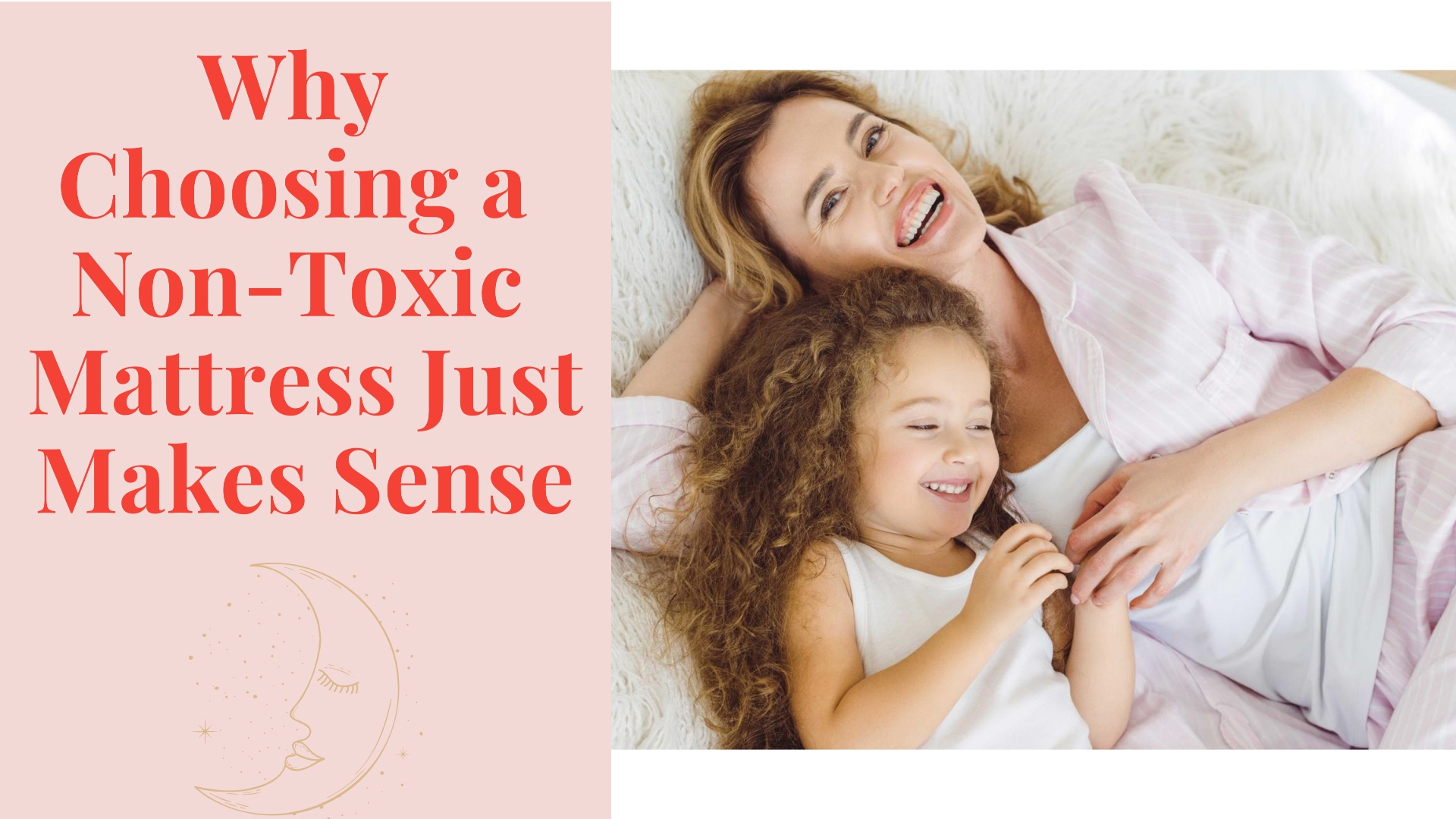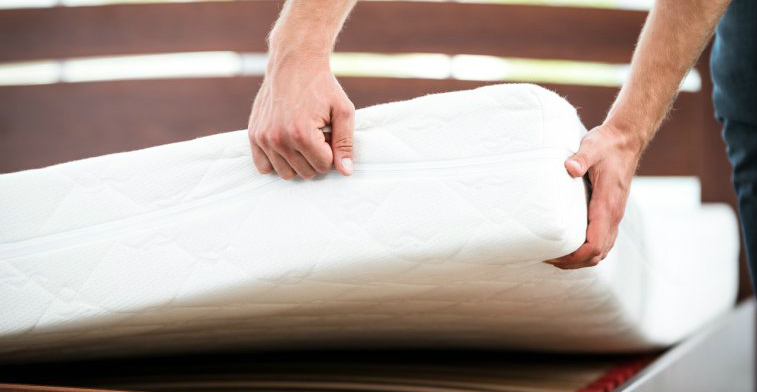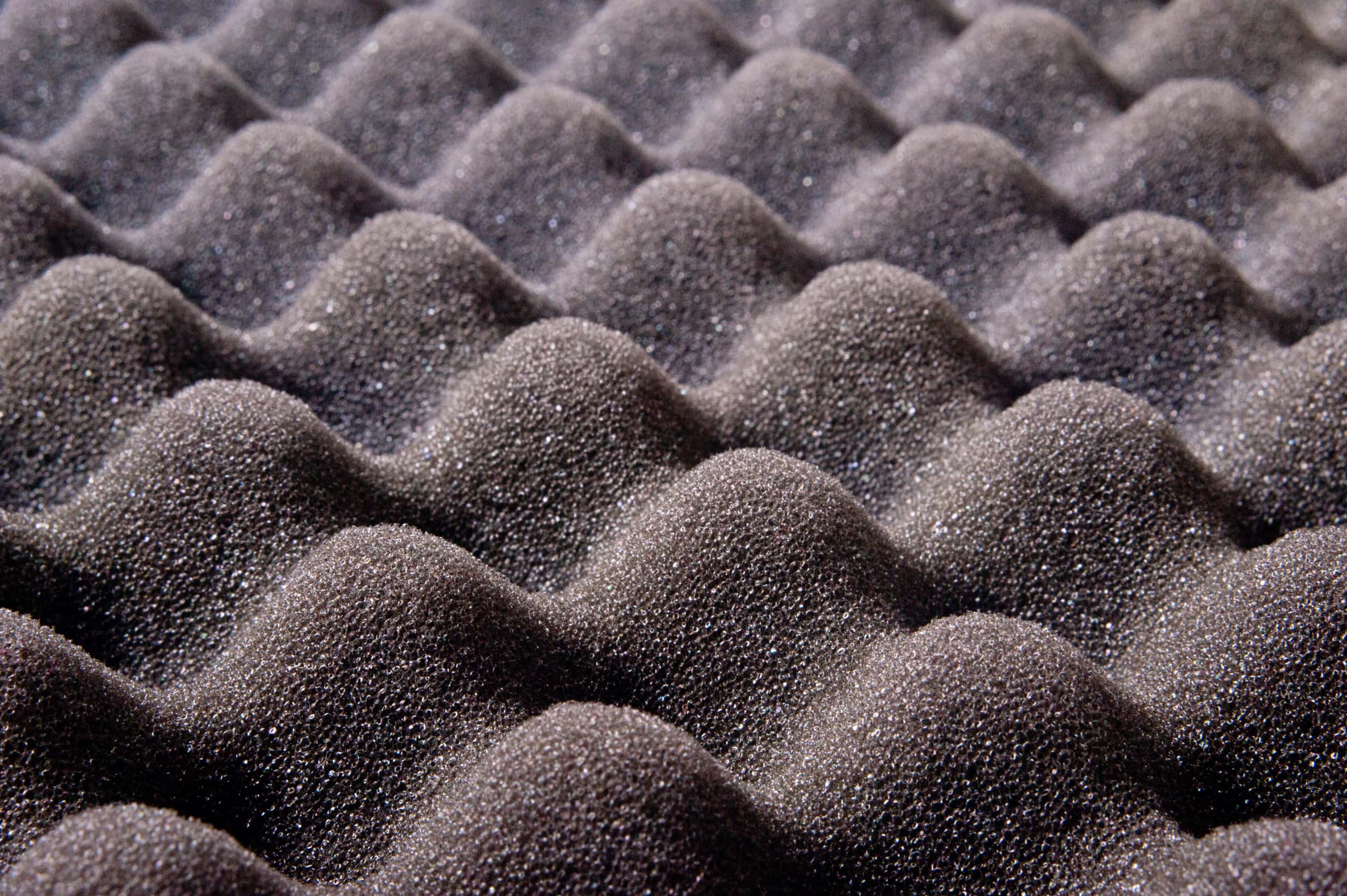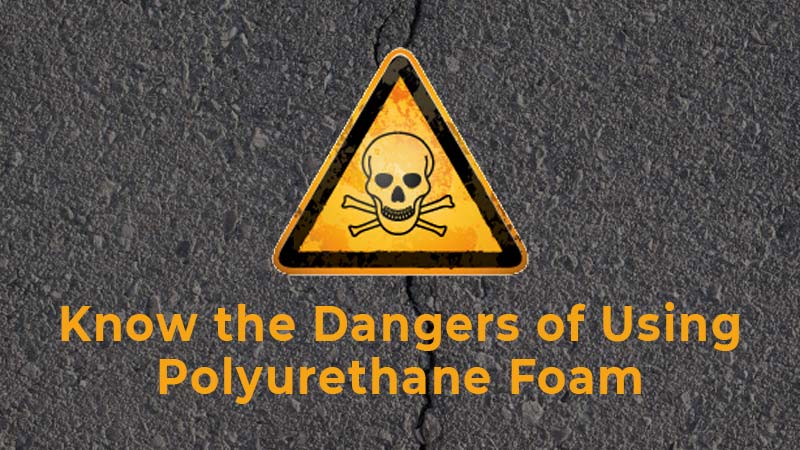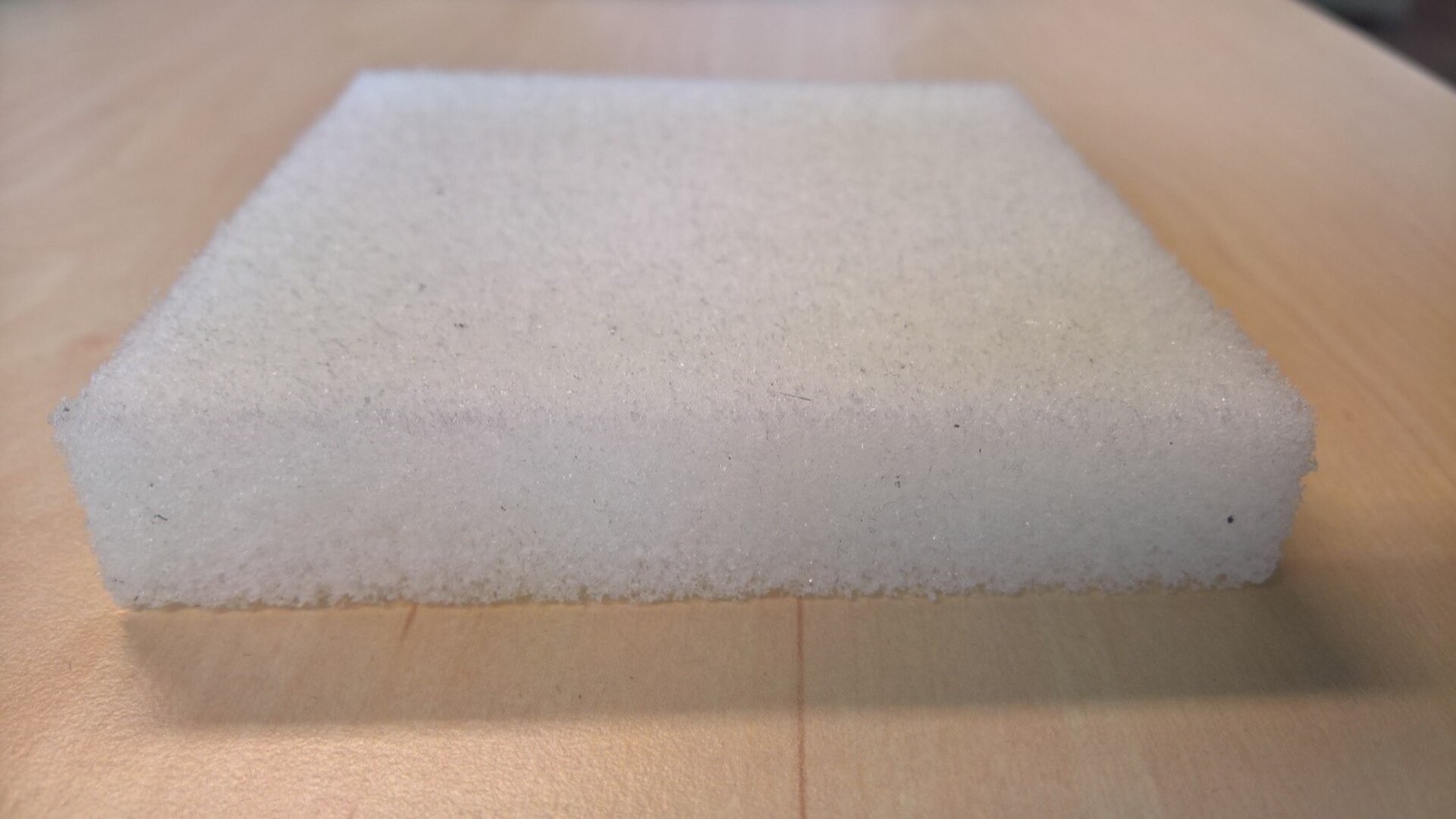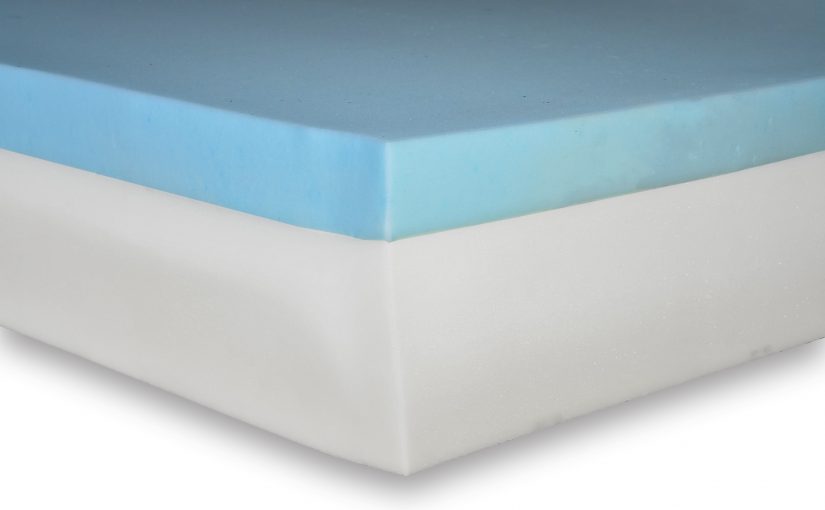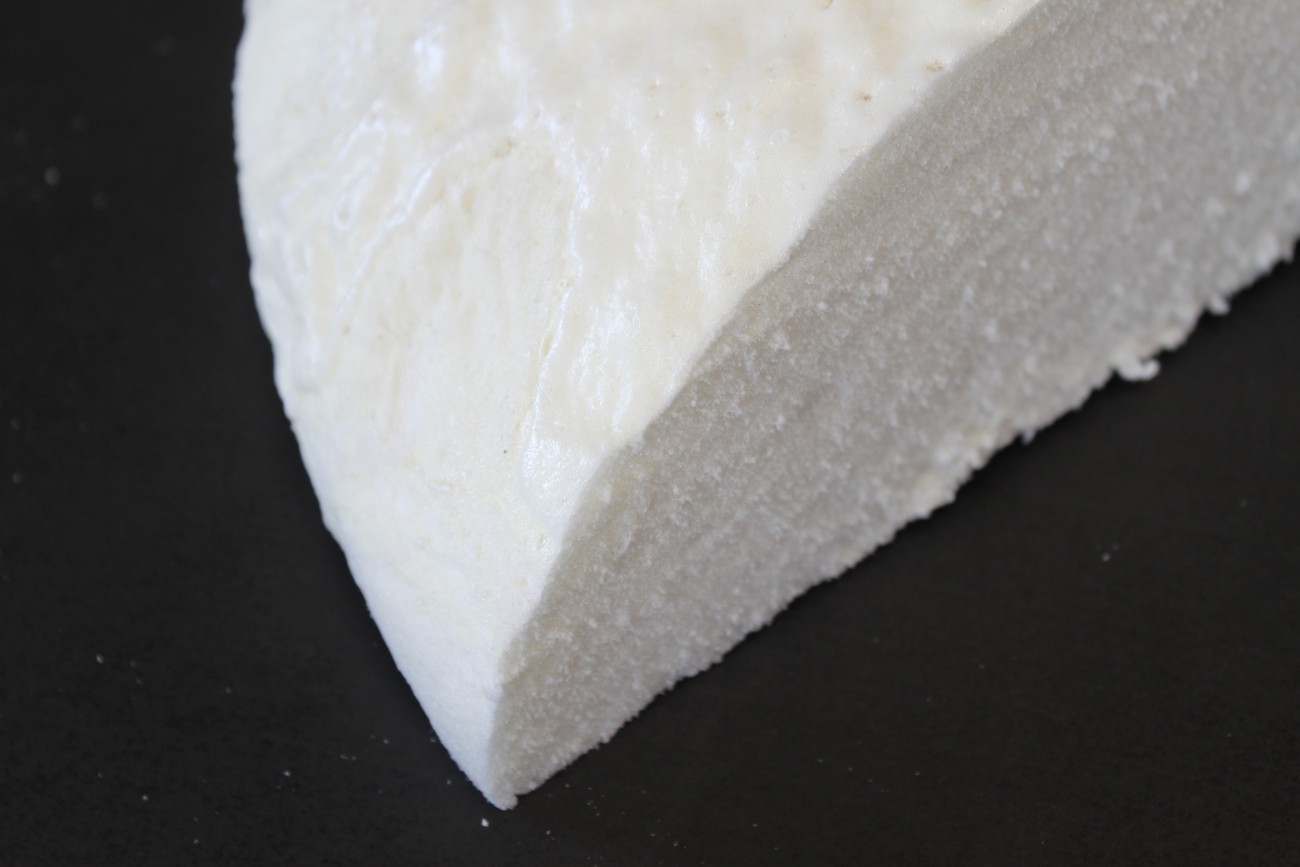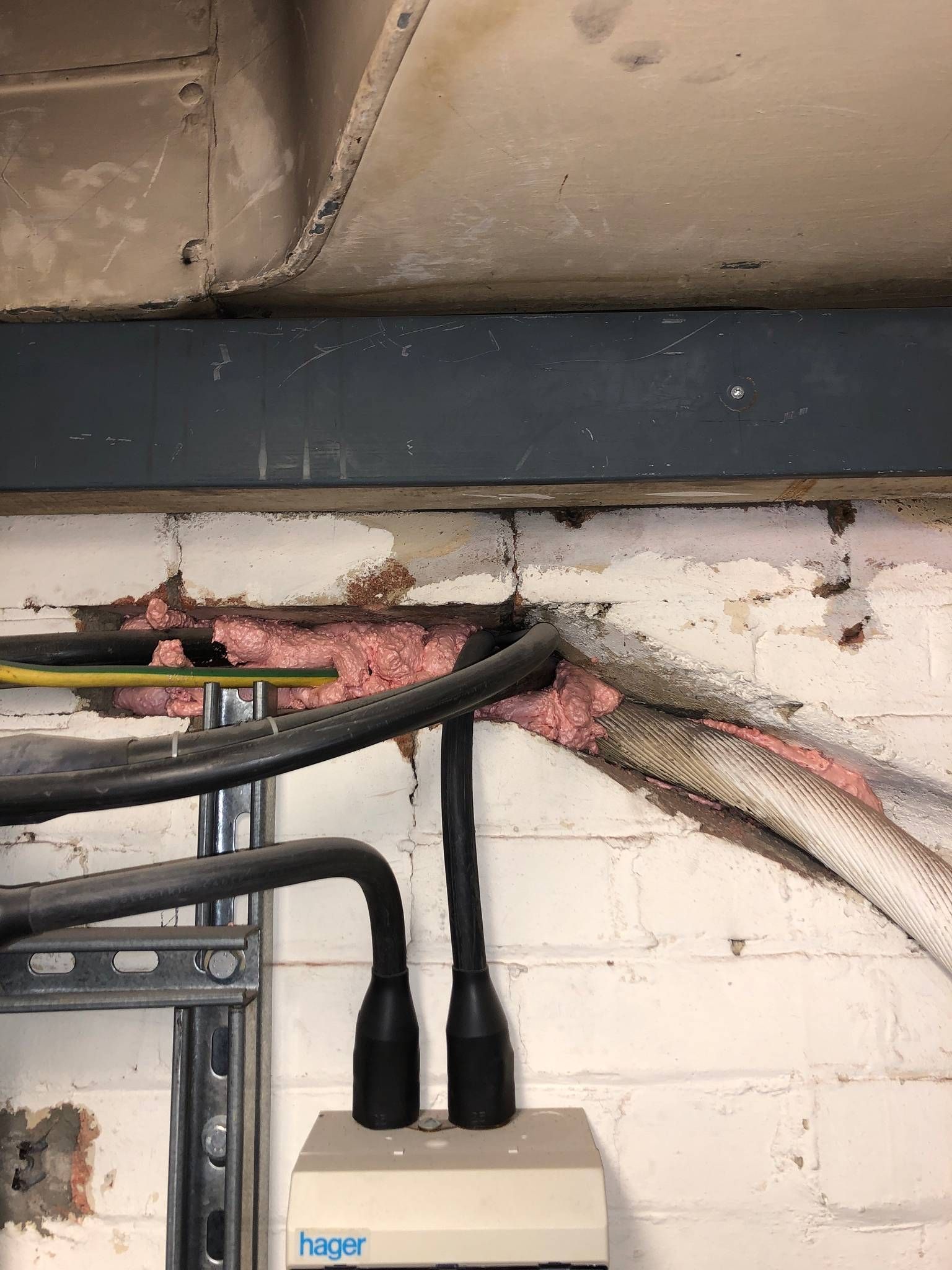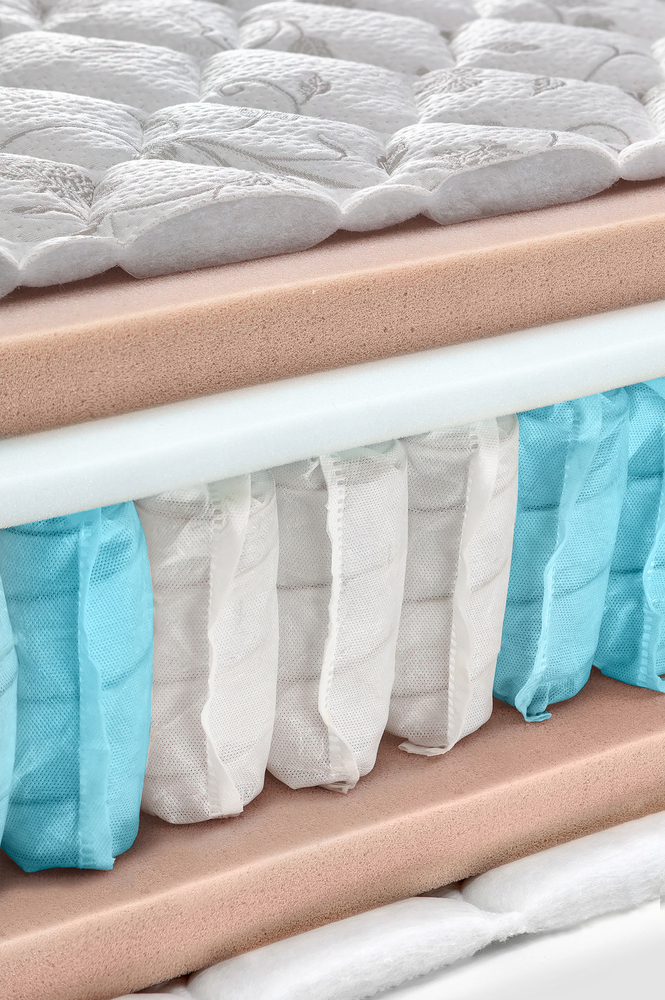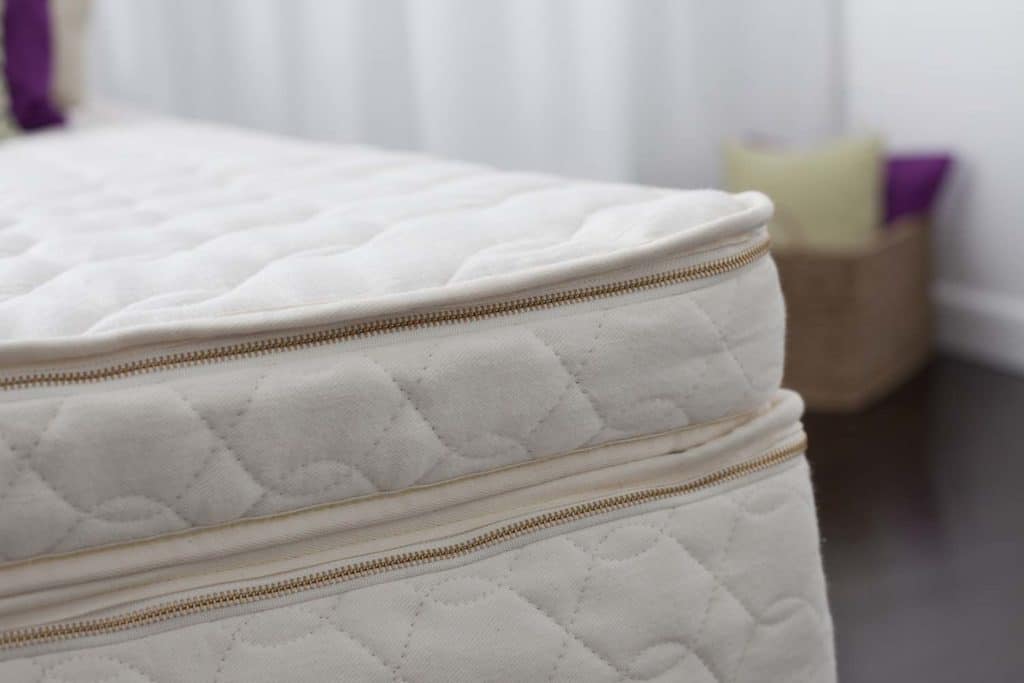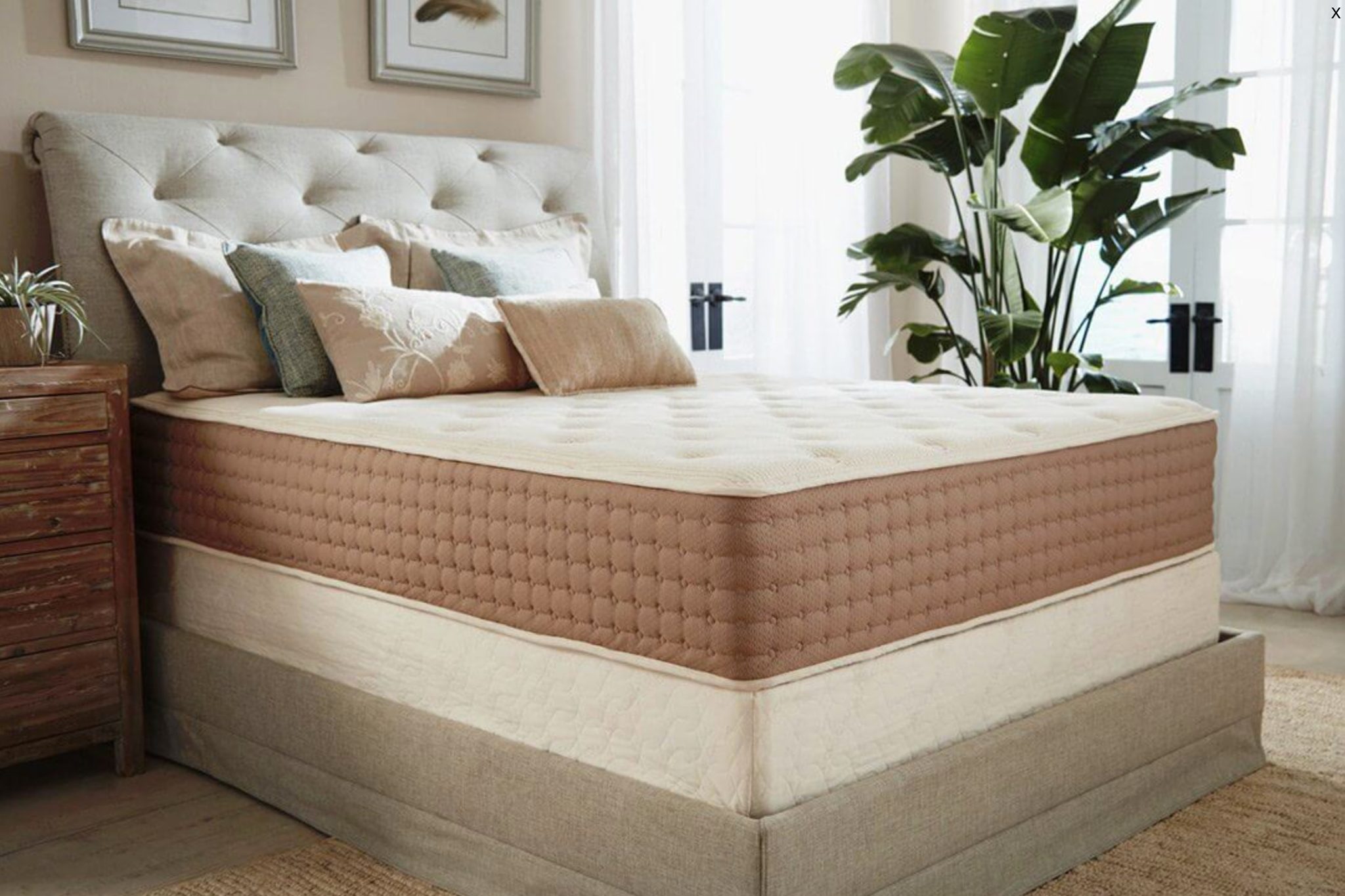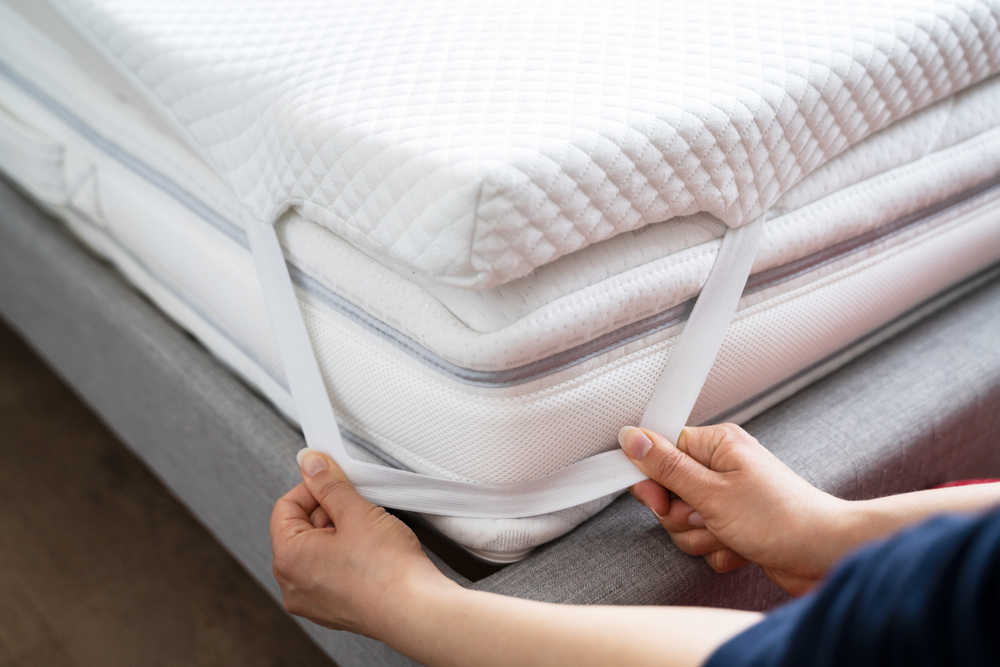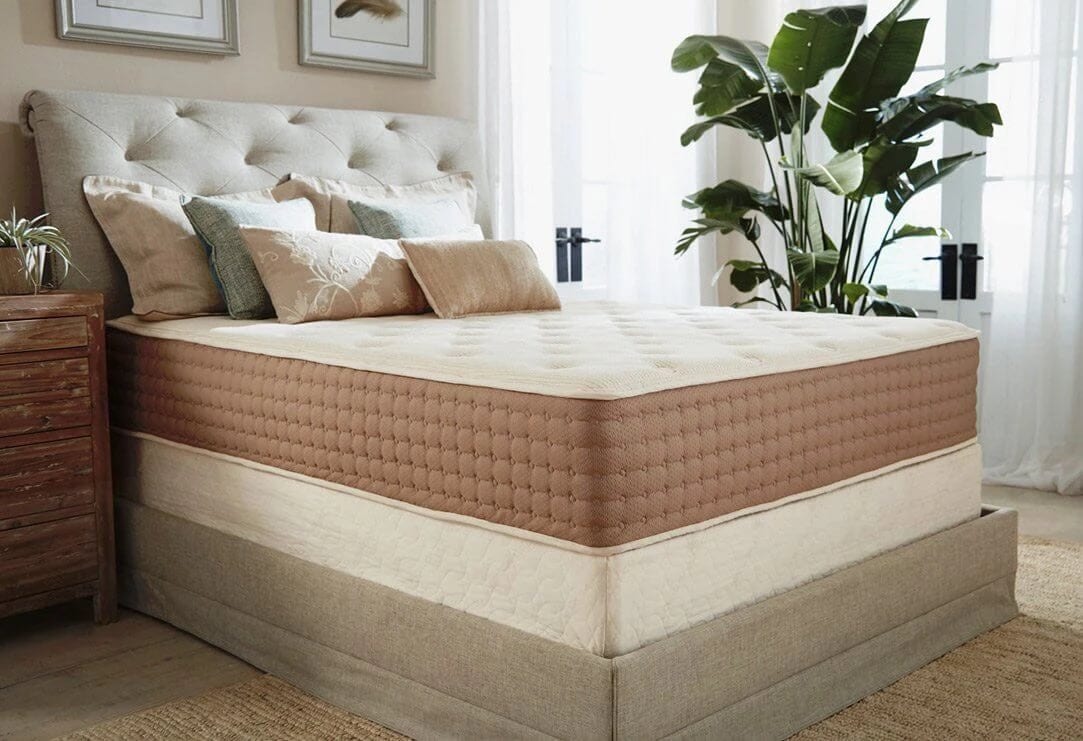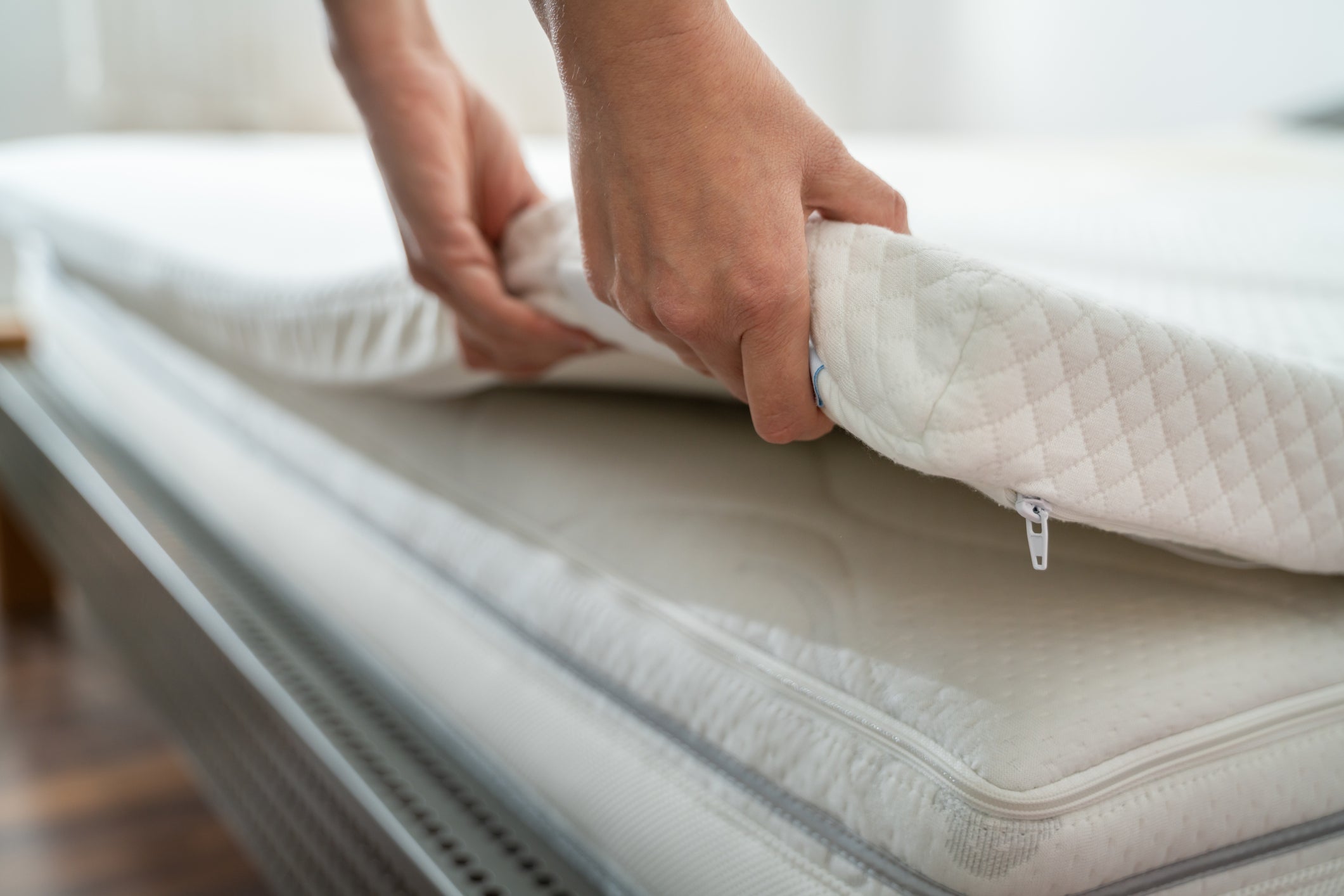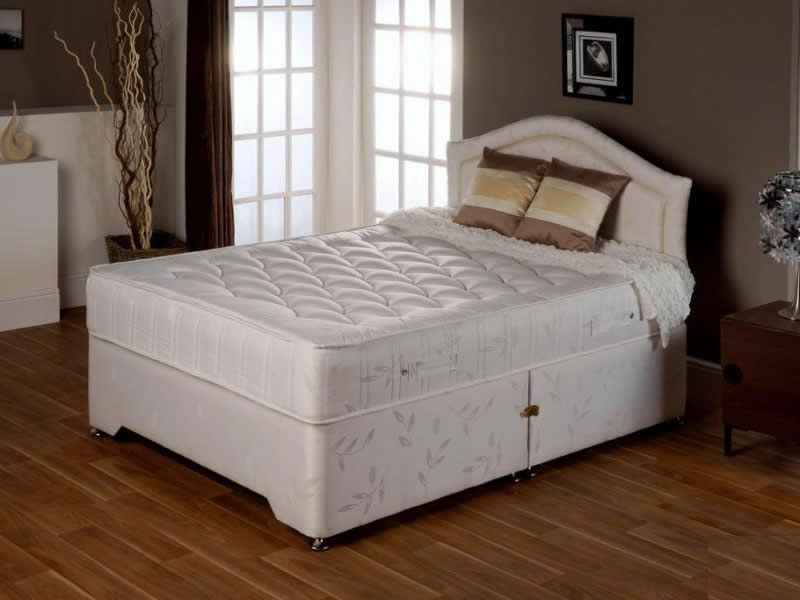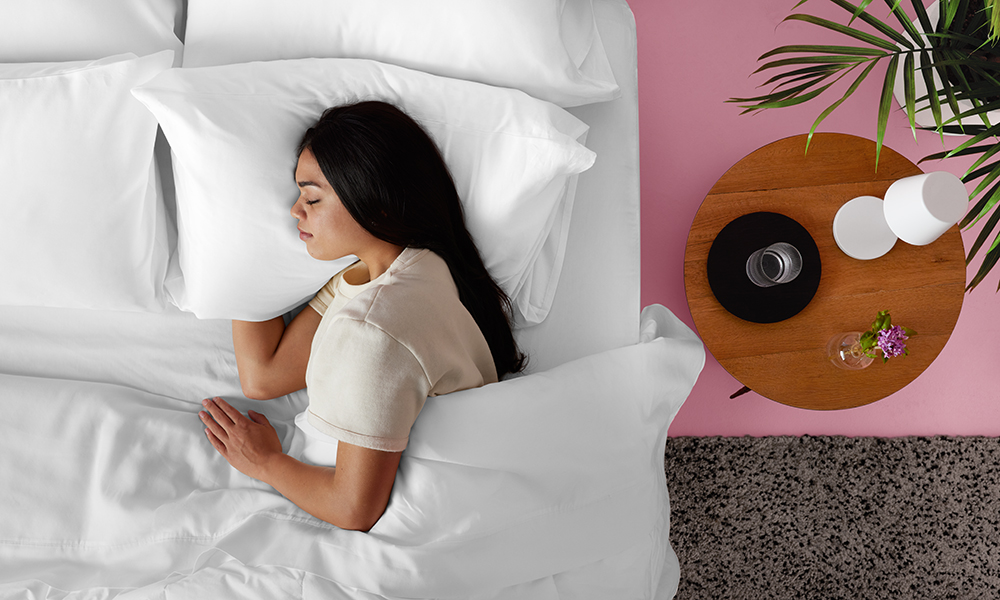Is Your Memory Foam Mattress Toxic? Here's How to Tell
If you're shopping for a new mattress, you've probably come across the popular memory foam option. This type of mattress has gained popularity for its comfort and support, but have you ever stopped to consider if it's safe for your health? Many memory foam mattresses are made with polyurethane foam, which may contain harmful chemicals that could impact your health. Here's how to tell if your memory foam mattress is toxic and what you can do to find a healthier option.
Are Memory Foam Mattresses Safe? What You Need to Know
Memory foam mattresses are made with a type of foam called polyurethane, which is known for its ability to conform to your body shape and provide pressure relief. However, polyurethane foam is also made with toxic chemicals such as formaldehyde, benzene, and toluene, which can off-gas and potentially harm your health. While there are regulations in place for the use of these chemicals in mattresses, it's important to research and choose a memory foam mattress that is certified safe and free from harmful chemicals.
How to Choose a Non-Toxic Mattress
If you're concerned about the potential health risks of memory foam mattresses, there are plenty of non-toxic options to choose from. When shopping for a non-toxic mattress, look for certifications such as CertiPUR-US, which ensures that the foam used is free from harmful chemicals. You can also opt for natural materials such as organic cotton, wool, or latex, which do not contain toxic chemicals and are better for your health and the environment.
Understanding the Dangers of Polyurethane Foam
Polyurethane foam is commonly used in mattresses, furniture, and other household products. However, this versatile material comes with potential health risks. Polyurethane foam can release volatile organic compounds (VOCs) and flame retardants, which can cause respiratory issues, skin irritation, and even impact your hormones. These chemicals can also be harmful to the environment, contributing to air and water pollution.
Why You Should Avoid Polyurethane Foam Mattresses
While polyurethane foam mattresses may offer comfort and support, the potential health risks associated with their use make them a less desirable option. In addition to the harmful chemicals used in their production, polyurethane foam mattresses also have a shorter lifespan compared to natural material mattresses. This means you'll have to replace your mattress more frequently, creating more waste and potentially harming the environment.
The Truth About Polyurethane Foam and Its Health Risks
While polyurethane foam may seem harmless at first glance, it's important to understand its potential health risks. The chemicals used in polyurethane foam have been linked to various health concerns, including respiratory issues, skin irritation, and even cancer. These chemicals can also impact the air quality in your home, creating a potentially hazardous environment for you and your family.
How to Find a Safe and Non-Toxic Mattress Topper
If you're not ready to invest in a new mattress, a mattress topper can be a great alternative to add comfort and support to your existing mattress. When looking for a non-toxic mattress topper, make sure to research the materials used and look for certifications such as CertiPUR-US. Natural materials such as organic cotton, wool, or latex are also great options for a safe and healthy sleep surface.
What to Look for in a Non-Toxic Mattress Topper
When shopping for a non-toxic mattress topper, look for materials that are free from harmful chemicals and have certifications to back it up. You'll also want to consider the level of support and comfort the topper provides, as well as its durability. Natural materials such as organic cotton, wool, and latex are not only safe and non-toxic, but they also offer great support and comfort for a restful night's sleep.
Top 5 Non-Toxic Mattress Toppers for a Healthy Sleep
If you're in the market for a non-toxic mattress topper, here are the top five options to consider:
How to Make Your Own Non-Toxic Mattress Topper at Home
If you're feeling crafty and want to avoid the potential health risks of store-bought mattress toppers, you can create your own non-toxic version at home. You can use materials such as organic cotton, wool, or latex to create a comfortable and safe sleep surface. There are also DIY tutorials available online to guide you through the process.
In conclusion, while memory foam mattresses may offer comfort and support, it's important to be aware of the potential health risks associated with polyurethane foam. By choosing a non-toxic mattress or mattress topper, you can ensure a healthy and restful sleep for you and your family.
The Dangers of Polyurethane Foam Mattress Toppers: Are They Toxic for Your Health?
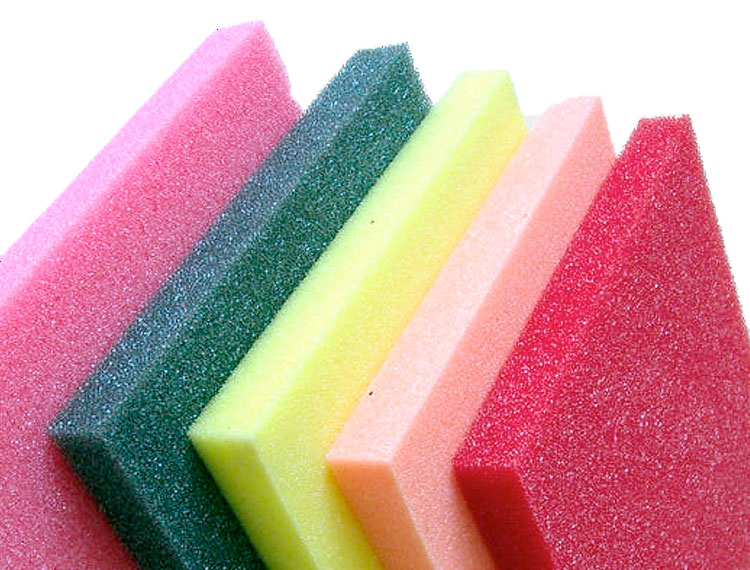
The Popularity of Polyurethane Foam Mattress Toppers
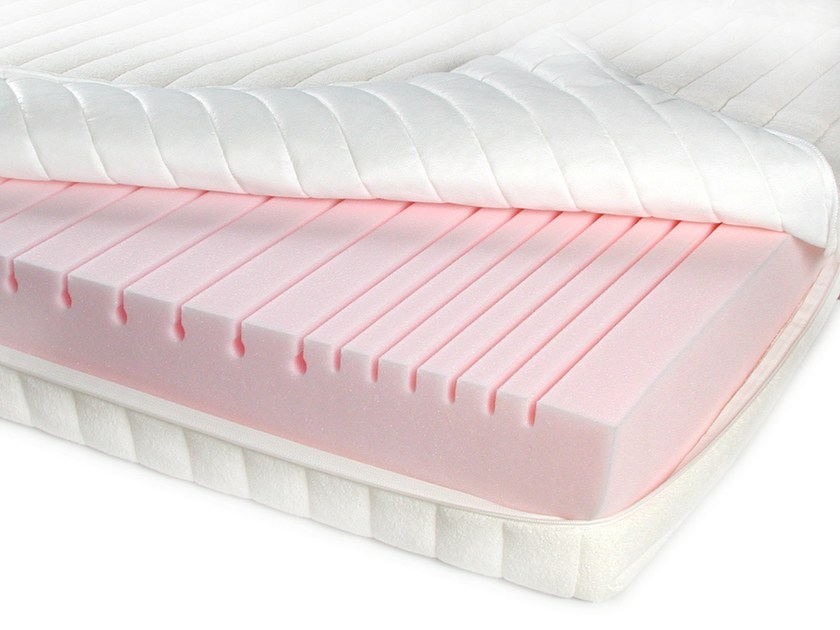 Polyurethane foam mattress toppers have become increasingly popular in recent years as a cheap and convenient way to upgrade your mattress. Made from a type of plastic, these toppers are known for providing a soft and comfortable sleeping surface. However, there has been growing concern about the potential toxicity of these products and their impact on our health.
Polyurethane foam is made from a combination of petrochemicals, which are known to emit volatile organic compounds (VOCs)
such as formaldehyde and benzene. These chemicals can have harmful effects on our health, especially when we are exposed to them for extended periods of time. In fact, research has shown that exposure to high levels of VOCs can lead to respiratory issues, headaches, and even contribute to the development of certain cancers.
Polyurethane foam mattress toppers have become increasingly popular in recent years as a cheap and convenient way to upgrade your mattress. Made from a type of plastic, these toppers are known for providing a soft and comfortable sleeping surface. However, there has been growing concern about the potential toxicity of these products and their impact on our health.
Polyurethane foam is made from a combination of petrochemicals, which are known to emit volatile organic compounds (VOCs)
such as formaldehyde and benzene. These chemicals can have harmful effects on our health, especially when we are exposed to them for extended periods of time. In fact, research has shown that exposure to high levels of VOCs can lead to respiratory issues, headaches, and even contribute to the development of certain cancers.
The Health Risks of Polyurethane Foam Mattress Toppers
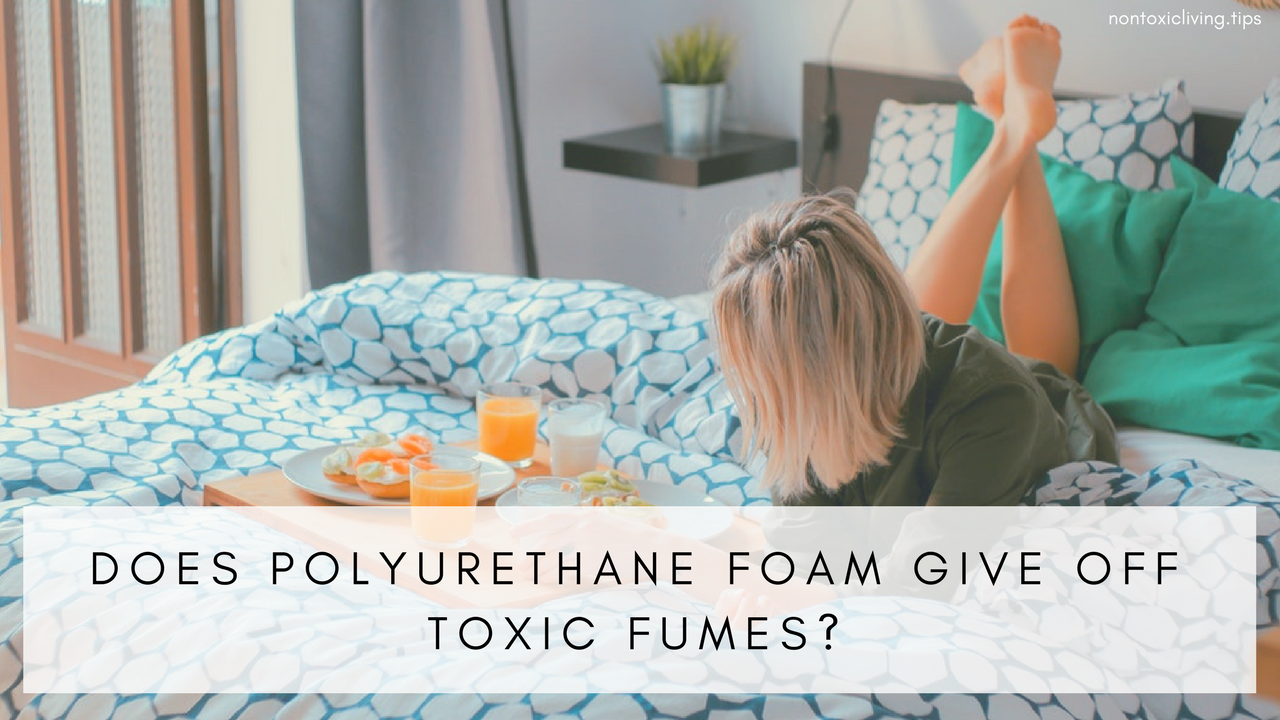 The main cause for concern with polyurethane foam mattress toppers is their potential to release toxic chemicals into the air we breathe while we sleep
. As we toss and turn throughout the night, these chemicals are released into the air and can be inhaled or absorbed through our skin. This can cause a range of health issues, including irritation of the eyes, nose, and throat, as well as headaches, dizziness, and fatigue.
Additionally,
polyurethane foam is known to off-gas, meaning it releases chemicals into the air even when it is not being used
. This can be especially harmful for individuals with respiratory conditions or allergies. The chemicals emitted by polyurethane foam have also been linked to hormone disruption and can have adverse effects on the reproductive and nervous systems.
The main cause for concern with polyurethane foam mattress toppers is their potential to release toxic chemicals into the air we breathe while we sleep
. As we toss and turn throughout the night, these chemicals are released into the air and can be inhaled or absorbed through our skin. This can cause a range of health issues, including irritation of the eyes, nose, and throat, as well as headaches, dizziness, and fatigue.
Additionally,
polyurethane foam is known to off-gas, meaning it releases chemicals into the air even when it is not being used
. This can be especially harmful for individuals with respiratory conditions or allergies. The chemicals emitted by polyurethane foam have also been linked to hormone disruption and can have adverse effects on the reproductive and nervous systems.
Safe Alternatives for a Good Night's Sleep
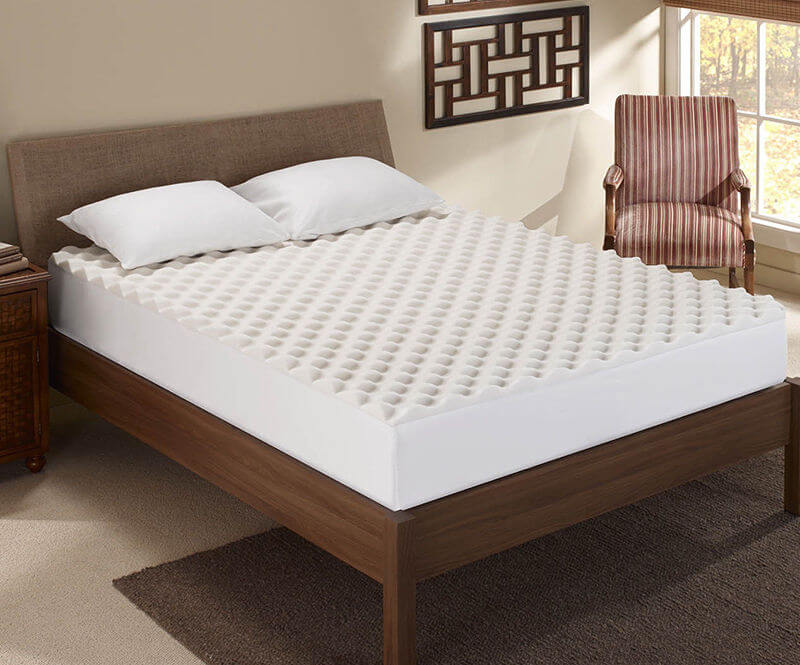 Thankfully, there are safe alternatives to polyurethane foam mattress toppers that can provide you with a comfortable and healthy sleeping experience.
Natural latex foam, organic cotton, and wool are all great options for those concerned about the potential toxicity of polyurethane foam
. These materials are free from harmful chemicals and are also biodegradable, making them a more environmentally friendly choice.
In conclusion, while polyurethane foam mattress toppers may seem like an affordable and convenient option, the potential toxicity of these products should not be taken lightly. Opting for natural and organic materials can not only improve your health, but also have a positive impact on the environment. So, when considering a mattress topper for your bed,
be sure to do your research and choose a safe and sustainable option that will provide you with a good night's sleep
.
Thankfully, there are safe alternatives to polyurethane foam mattress toppers that can provide you with a comfortable and healthy sleeping experience.
Natural latex foam, organic cotton, and wool are all great options for those concerned about the potential toxicity of polyurethane foam
. These materials are free from harmful chemicals and are also biodegradable, making them a more environmentally friendly choice.
In conclusion, while polyurethane foam mattress toppers may seem like an affordable and convenient option, the potential toxicity of these products should not be taken lightly. Opting for natural and organic materials can not only improve your health, but also have a positive impact on the environment. So, when considering a mattress topper for your bed,
be sure to do your research and choose a safe and sustainable option that will provide you with a good night's sleep
.




